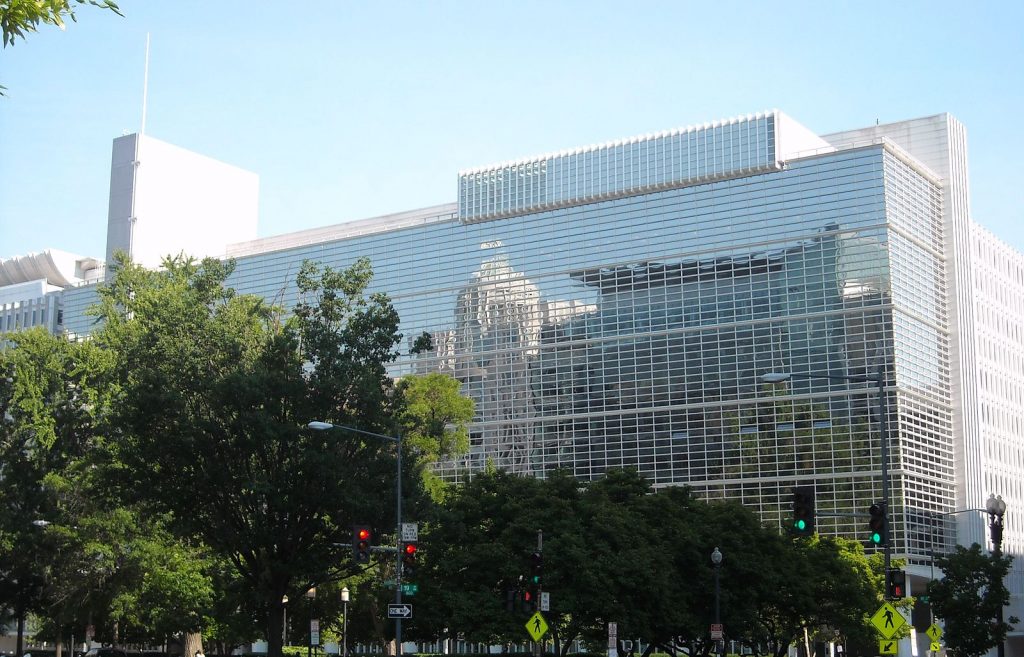“Infrastructure services – including power, transport, telecommunications, provision of water and sanitation, and safe disposal of wastes – are central to the activities of households and to economic production. […] These services are the backbone of most modern advancements. Improving infrastructure services enhances welfare and fosters economic growth.”
(World Bank, World Development Report 1994, Infrastructure for Development, Chapter 1: Infrastructure: Achievements, Challenges, and Opportunities, p. 13)
25 years ago, traditional infrastructure provisions were challenged by a new way of thinking. Based on an evaluation of the inefficiencies in infrastructure provisions in many countries, the World Bank came to the conclusion that poor performance was driven by a lack of incentives. Incentives would need to be changed by the introduction of heightened commercial management, competition, and stakeholder involvement, and furthermore, through a transformation of the roles of government and the private sector.

The principles the World Bank outlined were:
- To manage infrastructure like a business and not a bureaucracy
- To introduce competition– if possible, direct competition, or otherwise, indirect competition
- To give users and stakeholders a voice and real responsibility
The introduction of public-private partnerships (PPPs) was seen as one of the promising instruments in financing the provisions of infrastructure. PPPs drove the private sector to run and manage infrastructure efficiently, while the role of government changed from being directly responsible for infrastructure provisions to being responsible for creating policy and regulatory frameworks that would safeguard the interests of society, the environment, and other sectors.
Following this shift in emphasis, infrastructure industries experienced profound changes. Telecommunications services were liberalised and privatised – leading to an enormous expansion of services, devices, and users. In 1994, the Internet was still in its infancy, with the first browser for the World-Wide Web just one-year-old. In the years that followed, its potential expanded exponentially.
In 2020, we can’t imagine a world without mobile telephones or broadband Internet. Power and energy infrastructure industries have seen the emergence of independent power producers, and public-private partnerships encourage huge private investments. The transportation industry has equally been transformed following the introduction of private provisions, competitions, and financing.
These industry transformations are only just beginning. Today, concerns about equal access to telecommunications infrastructure and broadband Internet for rural communities at affordable prices are still an important factor. The energy sector is going to experience a major shift towards renewable energy resources and more sustainable production and consumption patterns. In the transportation industry we see electro-mobility as a relatively new, but rapidly expanding industry– Tesla has already become the most valued car company on the stock markets. Simultaneously, airports and airlines are being required to move towards more sustainable solutions, and to improve efficiency in energy consumption.

All of these shifts are accompanied by new regulatory approaches, government incentives, and initiatives between governments and the private sector. These shifts remain under the close scrutiny from other stakeholders in civil society and academia.
If you and your company find these tasks challenging and daunting, and would like to be accompanied and advised by an experienced professional, then you are in the right spot with Arete Publica Associates!
The founder and CEO of Arete Publica Associates, Peter H. Hellmonds, was a consultant for the World Bank from 1992 to 1994, before returning to the private sector, where he has worked in establishing PPPs in transportation, energy privatization projects, and in telecommunications liberalization and broadband expansion. He has worked with governments and the private sector, with national and international financial institutions, with public-private initiatives and international organizations, as well as with many civil society organizations to advance the interests of businesses and society.





